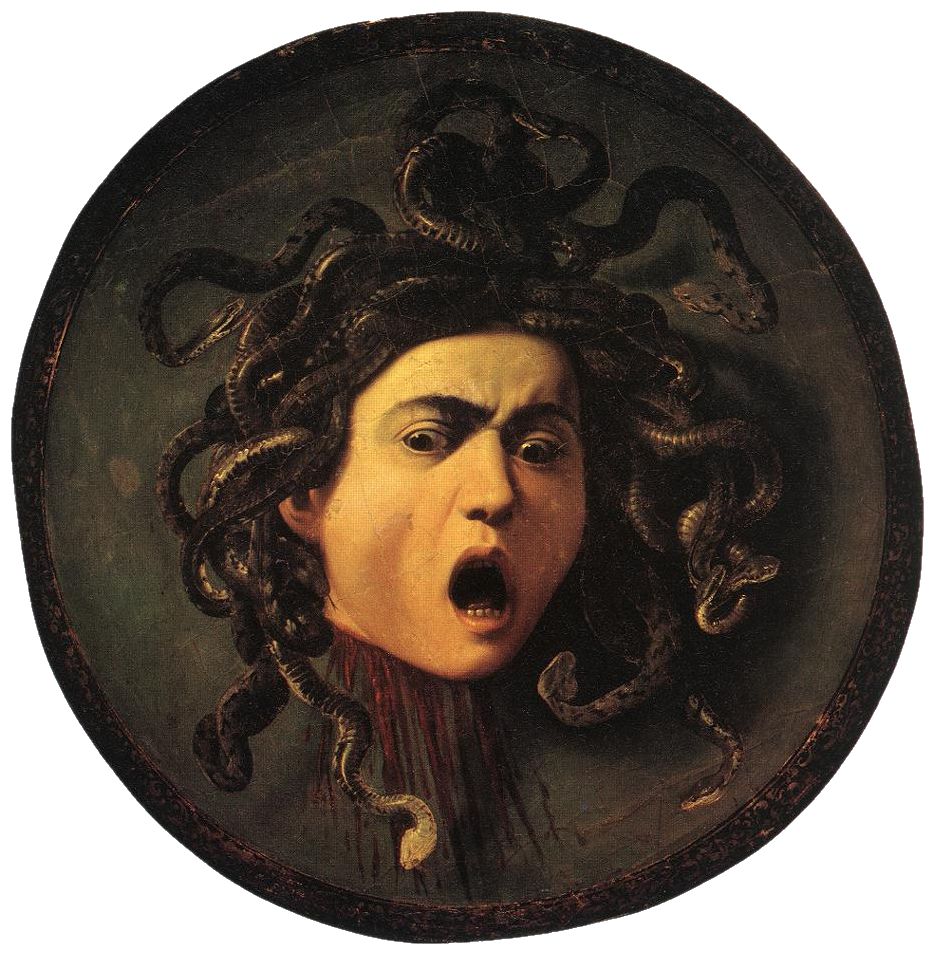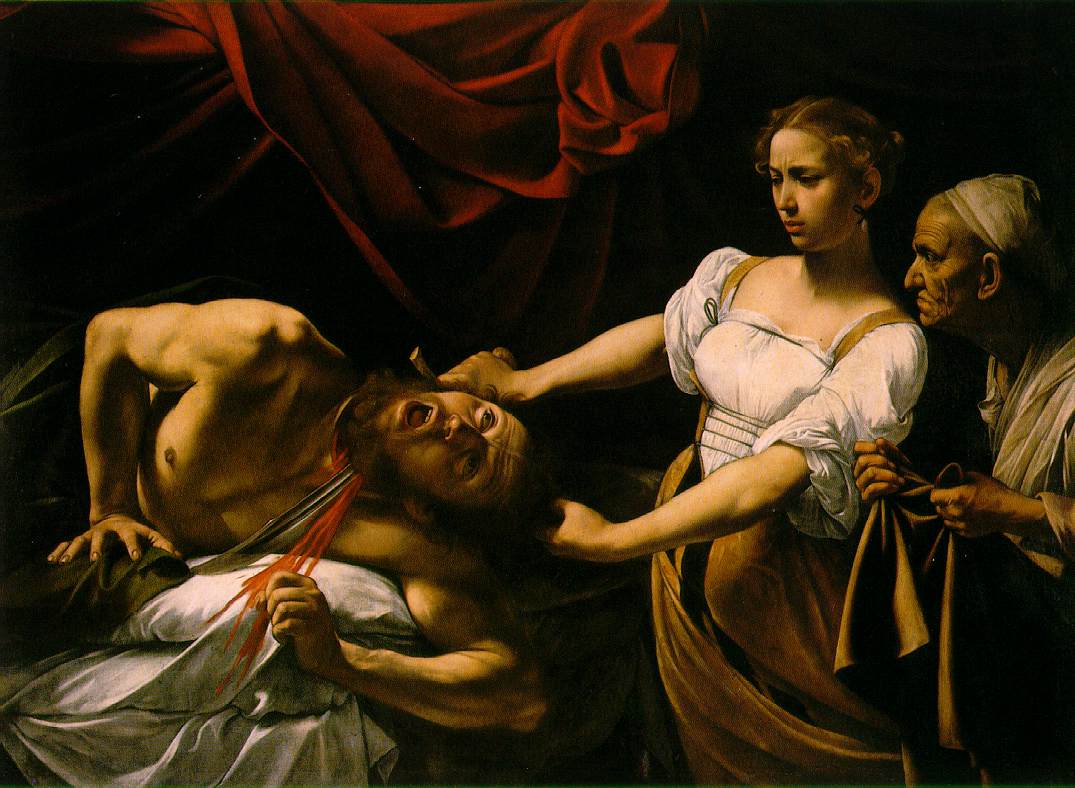In a culture so focused on rugged individualism and competition as a measure of worthiness, it’s unsurprising that there is disgust toward victims.
When you have to succeed or fail on your own merits, and it’s considered a weakness to need support or the help of other people, then it becomes vitally important to feel that I’m strong, clever, and canny enough to avoid harm and find success. Other people can be weak, but I have to be strong, or else I’m vulnerable to harm and then I’m weak and people will walk all over me.
So when we’re taken advantage of, harmed, or made a victim, the pain of the experience itself worsens with shame, failure, and judgment. “How could you allow this to happen to yourself?” Which is a true sorrow, because it’s impossible to be on guard all the time, to always keep one’s self safe, to be aware of every possible angle by which someone in bad faith could harm or exploit you. It’s why we truly need community.
What’s worse, the attachment to believing one’s self strong becomes itself a vulnerability for victimization. The inability to tolerate accepting that I’ve been harmed or coerced, or that I saw the red flags and proceeded anyway, means sometimes it’s tempting to double down and convince myself that I’m choosing something. Or it’s painful to go ask for help and admit I’ve been harmed.
And even if we go ask for help, there’s no guarantee we won’t find people unwilling to believe our experiences, who will ridicule us, deny, dismiss, blame us, refuse to help us at our most vulnerable. In the United States, there is a culture of disgust toward victims.

Of course, when it comes to the people in power or the people who adhere most strongly to this ideology of despising the weak and victimized—the ones who will deny your experience and ridicule you—they also have a shadow love for being victims. They will grab and lift up the slightest bit of victimization to shut down conversations and shift the frame from one person’s harm to another.
For these folks, it seems crucial to deny and make invisible one harm so that they can foreground their own. This tendency appears when folks deny sexual assaults, deny police violence, deny that the Holocaust ever happened. When I hear such denials, I’ve come to expect that within months if not minutes they will talk about how their group are the real victims.
In this mindset, victimhood is an all-or-nothing state, a trump card. If one is a genuine victim, then they should be coddled and catered to. Therefore they cannot accept the truth of another’s victimhood, but they crave the perceived power of that victim place.
Which brings me to white supremacist capitalist patriarchy. Historically, this social arrangement included at least some expectation of protection for the marginalized from the powerful. That protection often came with violence and control of the marginalized who questioned the way of things, but those who went along were supposed to be safe. That arrangement has fully decayed.
As the foundations of the American empire begin to show their creaking, crumbling edges, we are facing a civil war in the soul of the United States and those of us within it. We see our legacy of violence and domination for the profit and wealth of the few, and we see the possibility for equality, fairness, and justice that have always been our aspirations. We see it within our daily souls.
I work with men, women, and enby folks, some of which have experienced harm, some of whom have perpetrated harm, and some of whom have both. I work with men who were raised to believe they were innately worthless and the only way to get love and respect from family and partners was to control and dominate the people around them. This domination and control intoxicates, in a way—feeling strong, feeling powerful, feeling better than is a pleasurable feeling; much more desirable than the undercurrent of shame and worthlessness that lies under the surface, ready to rise up at any sign of failure or weakness. It undergirds friendship, work, romantic relationship. It is exhausting and alienating and yet to surrender it can feel so terrifying and defenseless.
I work with men, women, and enby folks who have experienced being dominated, harmed, and violated by their parents, friends, colleagues, and occasionally strangers—but stranger violence is the least likely to occur. It’s the easiest to sensationalize and scapegoat because it feels better to imagine harm comes from an anonymous other than to understand it’s more likely to come from people we love and respect. When we experience harm, it leaves an imprint on the soul. We develop defenses and strategies to avoid that harm again. These limit the soul, these limit our potential for love and achievement. They physiologically alter the nervous system. They are exhausting and alienating and yet to surrender them can feel so terrifying and defenseless.

Men are the most likely to commit violence—to each other, to women, to trans and nonbinary folks. I do not believe men are intrinsically violent. I do not believe white people are intrinsically racist. I believe patriarchy, white supremacy, and imperialism makes us monstrous. And we’re not going to get free until we—the people living right now—take responsibility for how those ideologies have rooted in our souls, shaped our hearts, and inform every level of how we structure our relationships and government.
We have to learn the weapons we’ve been taught to wield and learn how to put them down first.
It is unwise to think that the people who’ve grown up learning to fear us, to avoid upsetting us, to placate us at all costs for fear of violence—it’s unwise to expect them to put down their weapons and shields first.
We have to learn the weapons we’ve been taught to wield and learn how to put them down first.
If we want loving relationships, if we want real power, if we want to live in a society where we’re allowed to make mistakes without it meaning complete ruin—
We have to learn the weapons we’ve been taught to wield and learn how to put them down first.
There is a deep rage in the United States, and there are people—of all genders—who want to continue to silence that rage. Who are more worried about protecting the wealth and reputation of the powerful than they are about justice. Who cannot tolerate the stories of victims though they think themselves strong and powerful.


